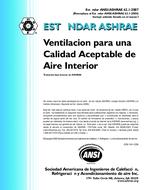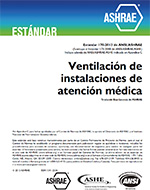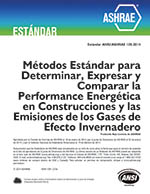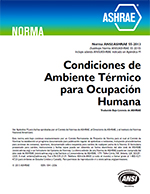Description
The designer of a ventilation system is often faced with having to locate both air intake and system exhausts on a building roof. This is particularly true in the design of industrial ventilation systems on large low-rise buildings. Because the building itself causes a strong influence on the wind as it blows over the roof, it is difficult to assess the best loc~tion for equipment. In particular, it is difficult to specify the necessary height of exhaust stacks to avoid recirculation of vented gases to air intakes.
Cermaksl review of building aerodynamics indicates that most previous studies have focused their attention on wind-induced surface pressures which contribute to structural loading, and not on the flow patterns themselves. Previous studies of exhaust gas recirculation and dilution by Wilson and Halitsky have attempted to quantitatively estimate the exhaust to intake dilution caused by the wind. While these methods are useful in estimating the probable effect of vent and intake locations, they require a detailed specification of the exhaust gas composition and flow rate, and an estimate of the probable design wind speed. In practice, these are often difficul t to obtain at the initial design stage, and even if they are available the existing theories provide little guidance on the remedial action that should be taken to avoid exhaust-to-intake recirculation problems.
This paper will present a simple method for estimating the height and extent of high turbulence zones above a roof. Once these zones are specified, exhaust stacks and intakes can be located to avoid recirculation.
Citation: ASHRAE Transactions, Volume 85, Part 2, Detroit, MI
Product Details
- Published:
- 1979
- Number of Pages:
- 12
- File Size:
- 1 file , 570 KB
- Product Code(s):
- D-DE-2546




